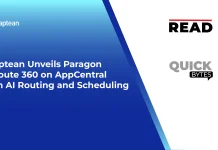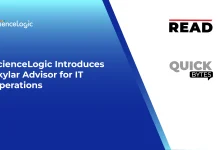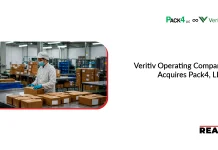INFICON is introducing technology that for the first time will allow automakers and battery suppliers to reliably check critically important EV battery cells for dangerous leaks.
Billions of lithium-ion battery cells are produced annually and more than five percent are estimated to have small undetected leaks that could affect battery life or cause vehicle fires.
Also Read: Elbit Systems and Roboteam Introduce ROOK: New Multi-payload 6X6 Unmanned Ground Vehicle
INFICON‘s leak-detection technology will be on display (Booth #409) at the Advanced Automotive Battery Conference on Dec. 7-9 at the San Diego Convention Center.
The company’s new ELT3000 systems can, for the first time, accurately test all types of lithium-ion battery cells – the single most important leak-detection development in the past decade, according to Dr. Daniel Wetzig, the company’s research and development director.
“The rapid detection of even the smallest battery-cell leaks is absolutely essential to achieving extended service life and meeting necessary safety requirements,” Wetzig said. “Today only a fraction of new battery-cell leaks can be detected through traditional methods.”
Today’s pressure-decay methods simply are either too slow or unreliable and allow significant leaks to go unnoticed,” the INFICON executive noted.
Developed at the company’s research facilities in Cologne, Germany, INFICON’s new quality-control systems incorporate industry-first mass-spectrometer technology that can detect dangerous leaks 1,000 times smaller than other test methods and will pave the way for the industry’s first quality standards for EV battery cells.
Thomas Parker, INFICION’s North American automotive sales manager, said INFICON already is working with several companies to develop robotic and other high-speed assembly-line applications for its new ELT3000 technology.
The technology was discussed last year for the first time publicly in an SAE International paper entitled “Methods for Leak Testing Lithium-Ion Batteries to Assure Quality with Proposed Rejection Limit Standards.”
The 2020 paper was followed by a second SAE paper this year entitled “New Leak Detection Methodology to Protect Against Microscopic Leaks and Water Ingress in Battery Cells .




